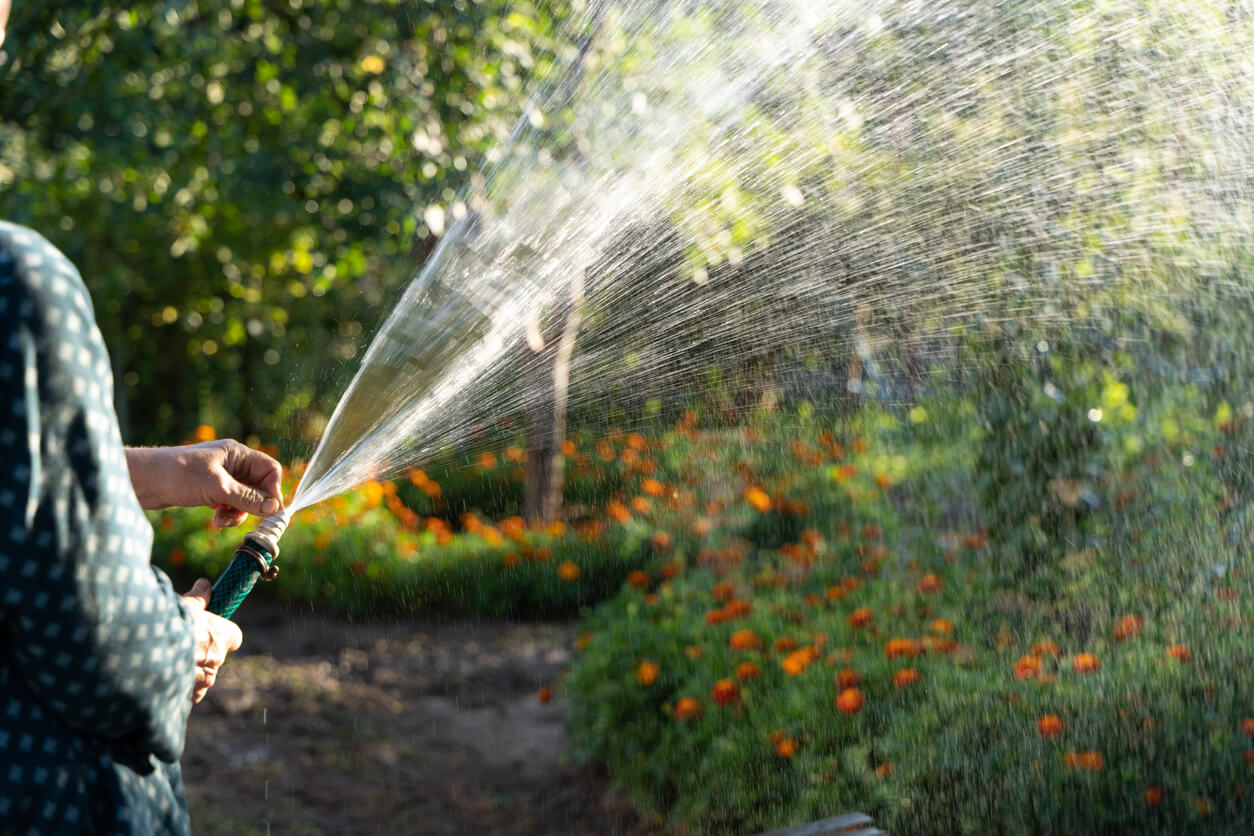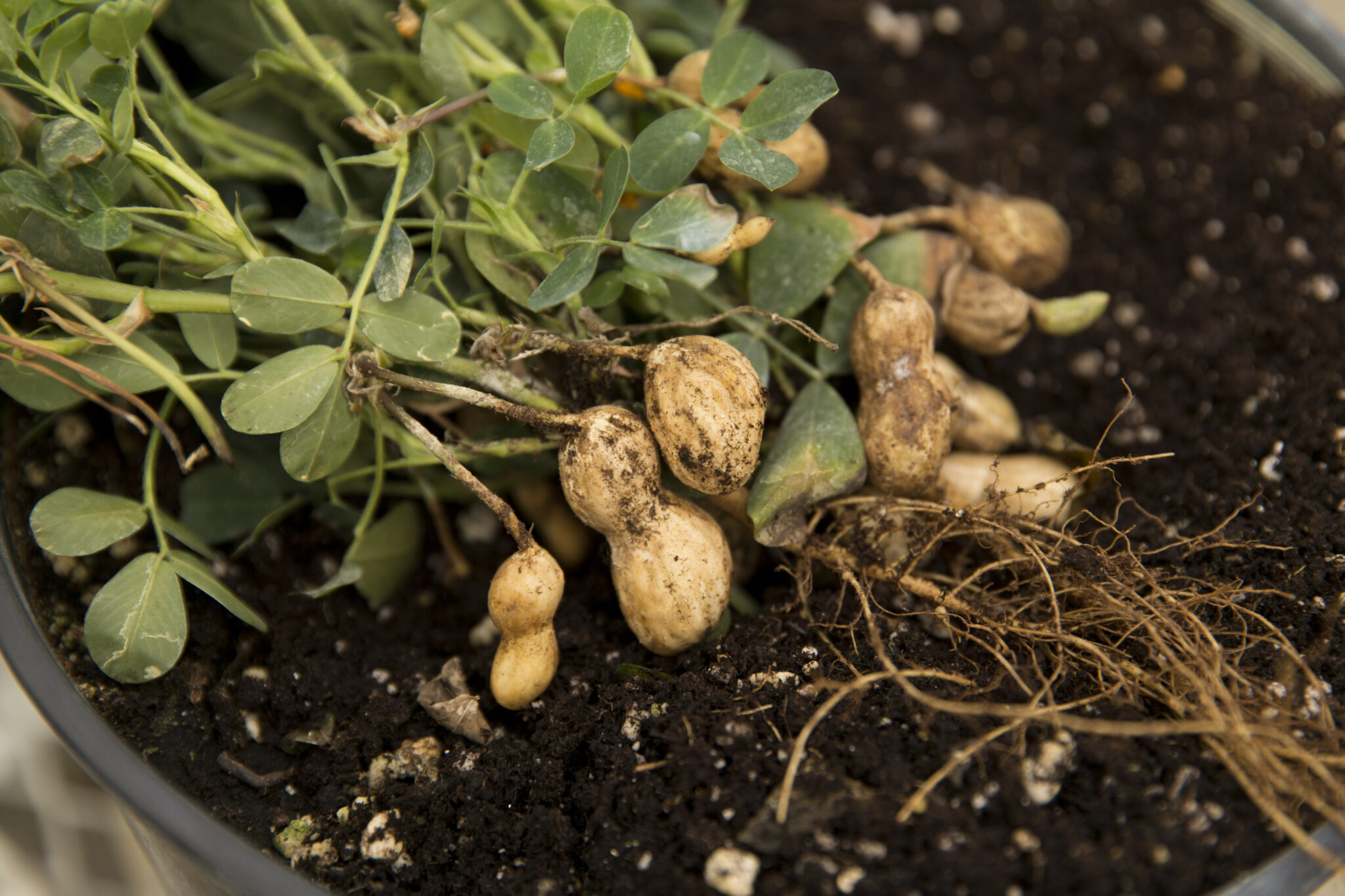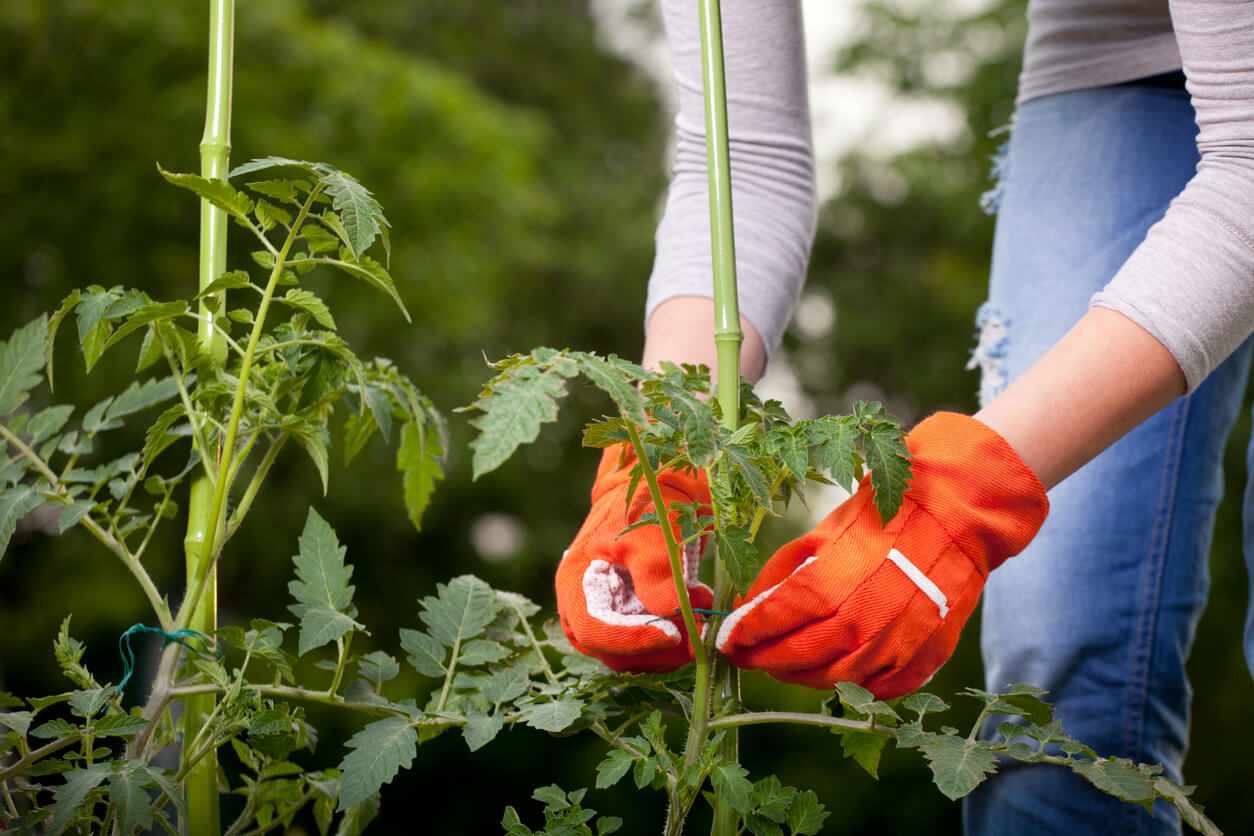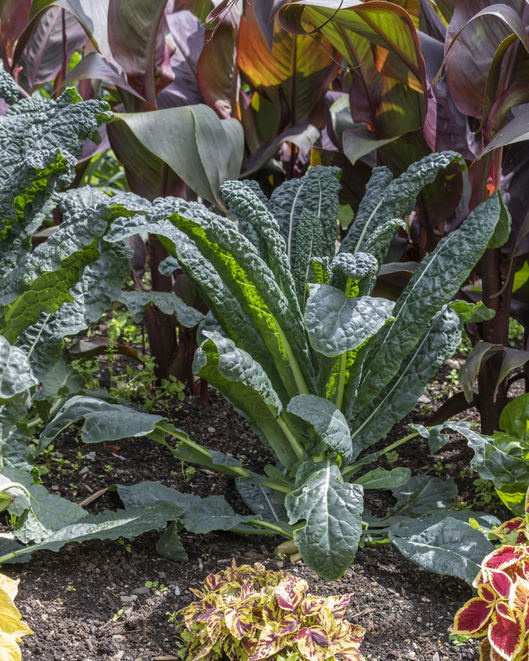
Now that summer is officially upon us, temperatures are up and areas of Georgia are experiencing abnormally dry conditions, you may be worried about how your yard is doing.
Are your landscape plants droopy and wilted at the end of the day? Do you find yourself reaching for the garden hose more than usual? Before you do, check out the following tips from University of Georgia Cooperative Extension, which offers expert information created specifically for the state's residents and climate conditions.
Beware of overwatering
Proper watering is key to helping your plants thrive. Excessive watering is one of the leading causes of issues in the home landscape. Yes, this issue can be a problem even during prolonged dry spells. A condition known as root rot develops, and marigolds, verbenas, hollies, boxwoods, azaleas and rhododendrons are some of the most sensitive.
The symptoms of this disorder can be confusing. People see plants that are wilted and yellowing, with stunted growth, and they naturally think the problem is lack of water — so they water more! Unfortunately, the causes of root rot, a few species of fungi, are very aggressive pathogens that thrive in wet soil.
Chances are, the plant has been overwatered, the soil drainage is poor, or both. Soil in much of the Piedmont region of Georgia contains a lot of clay that retains water and drains poorly.
How to test soil for drainage and quality
Try this test before you plant to find out how well your soil drains. Dig a hole a foot or so deep and about a foot wide. Then fill it with water. It should seep into the soil within eight hours or less.
After that, bring a sample of your soil to your local Extension office for a soil test to determine what type and amount of fertilizer are needed to boost plant growth. It's much easier to improve the soil's characteristics before planting than to treat diseases that might set in later.
The best way to water outdoor plants
Water thoroughly and ensure that the moisture penetrates deeply into the root growth below. Once or twice a week is enough for most plants.
Do, however, avoid light watering that gets the top layer of the soil wet but does not penetrate 3 or 4 inches. People often overwater simply out of habit or because the top layer of soil is dry. Check the soil occasionally to determine if the plant has adequate drainage and is getting enough water.
To do this, dig about 6 inches down to determine the moisture content, but avoid going into the root systems of plants; instead, dig around them. If the soil is dry and powdery that far down, it requires watering. Well-watered soil will stick together when it's pressed into a ball.
Check new plants for disease before planting
Another key to preventing root rot is carefully checking new plants before introducing them to the garden. Contaminated soil is another way that pathogens or diseases can be introduced. Take one or two plants out of a flat of bedding plants and closely examine the roots.
Roots should be white or silvery. If brownish, soft, or sparse, the plant may have a root rot-causing pathogen. Don't introduce sick plants to the growing site.
If root rot is diagnosed, it's important to remember that the best solution is within your control: correcting the real problem of overly wet soil. After all, the root of the problem is in the roots. While some fungicides are labeled for controlling this issue, the most effective and manageable solution is to keep the soil well-drained. This reassurance should give you confidence in your ability to manage and prevent root rot in your garden.
Ensure the plants receive appropriate amounts of water, not too much or too little. Doing so will keep your landscape plants healthy and attractive.
Learn more about how to irrigate lawns and gardens at extension.uga.edu.






